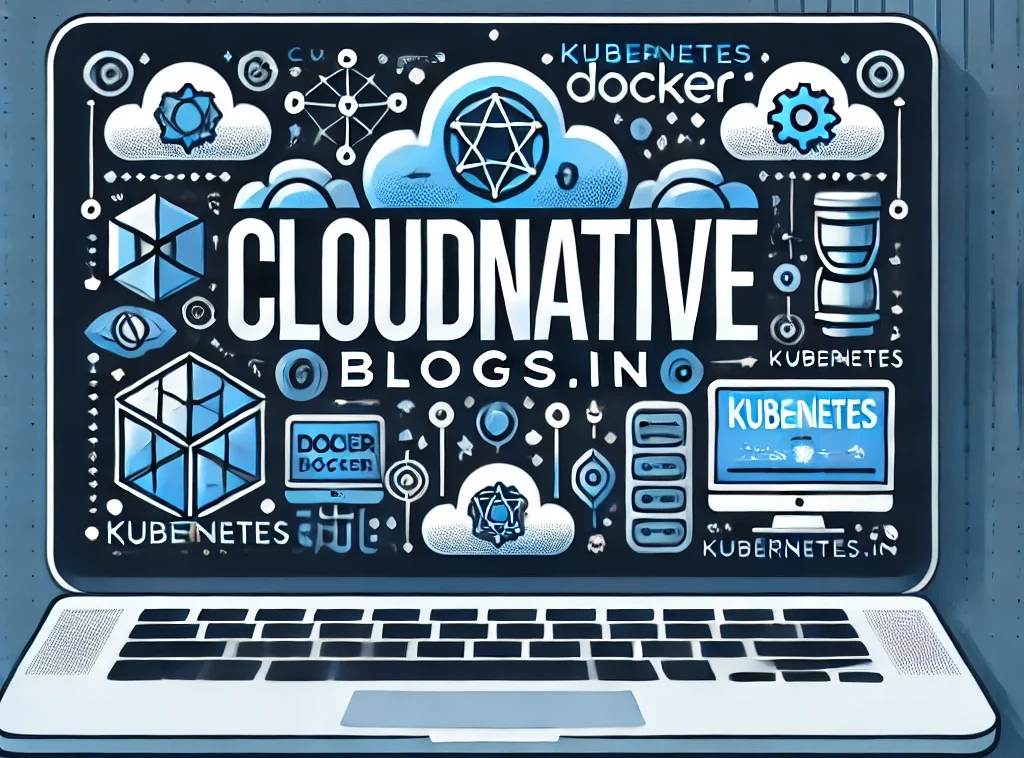#Java’s “Write Once, Run Anywhere” promise is powerful, but not absolute. This guide explores the multi-layered enterprise strategy for managing platform-specific #native code using automated builds, #CICD, and #containers.
How Java is Evolving for Cloud-Native Applications
Discover how Java is adapting to cloud-native environments through modern frameworks, performance optimizations, and emerging technologies like GraalVM and Kubernetes for scalable applications.
GitOps vs Traditional CI/CD: A Comprehensive Comparison for Modern DevOps Practices
GitOps offers automation, security, and scalability by using Git as the source of truth for deployment management, compared to traditional CI/CD methods. Learn the key differences here.
Best DevOps Tools and Practices for Building Efficient CI/CD Pipelines on Google Cloud Platform
Discover how GCP’s DevOps tools streamline CI/CD processes, enabling faster, secure, and scalable deployments. Learn best practices for optimizing your software delivery pipelines.
Effective DevOps Strategies for Scaling Microservices: Best Practices and Tools
Learn how to scale microservices efficiently with DevOps strategies. Explore CI/CD pipelines, security practices, monitoring, and more for smooth and resilient deployments in large environments.
How Kubernetes Simplifies Cloud Application Deployment, Scaling, and Management
Learn how Kubernetes automates the deployment, scaling, and management of containerized applications in cloud environments, ensuring high availability, self-healing, and efficient resource management.
How Containerization and Kubernetes Revolutionize Software Deployment Efficiency
Containerization and Kubernetes have revolutionized software deployment by offering consistency, automation, and scalability, enabling faster and more reliable application management in modern development environments.
Mesos vs Kubernetes: Key Differences in Container Orchestration
Explore the key differences between Mesos and Kubernetes in container orchestration. Learn about their architectures, scalability, ecosystems, and use cases to make an informed choice for your environment.
Kubernetes vs Docker Swarm: Ultimate Container Orchestration Comparison
This in-depth article examines the key differences between Kubernetes and Docker Swarm, highlighting architecture, scalability, community support, deployment complexity, and performance factors to help choose the ideal container orchestration platform.
Best Practices for Optimizing Machine Learning Models on Multi-Cloud Platforms
Optimizing machine learning models in multi-cloud environments requires strategic planning and best practices to overcome challenges such as orchestration, data security, and performance consistency.
How Docker and Kubernetes Enhance DevOps Workflows for Seamless Deployment and Scalability
Docker and Kubernetes have revolutionized DevOps workflows by automating deployments, scaling applications, ensuring high availability, and fostering collaboration between development and operations teams for faster, more efficient delivery.
How Automation in DevOps Minimizes Human Errors and Boosts Efficiency
Automation in DevOps minimizes human errors and accelerates workflows, transforming software delivery with CI/CD pipelines, Infrastructure as Code, and AI-driven optimizations for speed and reliability.
GitOps vs Traditional DevOps: Understanding the Key Differences and Benefits
GitOps and traditional DevOps both optimize software delivery, but GitOps simplifies management with Git as a source of truth and automated reconciliation, while traditional DevOps uses more varied tools and processes.
How Java Development Services Ensure Scalability and Performance in Modern Applications
Java development services ensure scalability and performance by leveraging microservices, cloud-native design, database optimization, concurrency, and advanced monitoring tools, ensuring seamless user experiences even at scale.
Why Docker is Essential for Modern Development Environments and Its Alternatives
Docker provides consistent, isolated environments for modern development, enabling faster deployments and more efficient resource utilization. However, alternatives like Podman and Kubernetes also offer unique benefits.
The Kubernetes Handbook
The Kubernetes Handbook Table of Contents Introduction to Kubernetes What is Kubernetes? History and Evolution Use Cases and Benefits Kubernetes Architecture Core Components Master Node Worker Nodes Control Plane and Data Plane Kubernetes API Getting Started Setting Up Your Environment Minikube and Kind Cloud Provider Options Basic kubectl Commands Your First Kubernetes Cluster Understanding Pods […]
Managing Containerized Applications in Data Science with Kubernetes
Explore how Kubernetes transforms containerized application management in data science, enhancing deployment strategies, scaling, reproducibility, and collaboration for effective data-driven solutions.
Exploring the Design Goals of Kubernetes and the Role of Edera’s Hypervisor
Explore the foundational goals of Kubernetes in managing containerized applications and how Edera’s hypervisor extends these capabilities, offering enhanced security, improved resource optimization, and comprehensive virtualization support for modern IT environments.
Understanding Docker and Kubernetes: Key Differences and Complementary Uses in Cloud Environments
Docker simplifies container creation, while Kubernetes excels in managing those containers at scale, making them essential for modern cloud applications.
Here’s a cheat sheet for kubectl commands with 100 commands and examples
Here’s a cheat sheet for kubectl commands with 100 commands and examples
Launching Your Containerized Dreams: A Guide to Free Cloud Resources for Docker and Kubernetes
Within the dynamic field of software development, containerisation has become a potent method for creating, implementing, and expanding applications. Large-scale containerised deployments are orchestrated and managed by Kubernetes, while Docker containers offer lightweight, portable environments. What happens, though, if you are just getting started or do not have much money? Fear not—this post delves into […]
Streamlining Deployments: Unveiling the Power of GitOps with Kubernetes
This article delves into the seamless integration of GitOps and Kubernetes, exploring their individual strengths and how they work together to create a robust and automated deployment pipeline.
